Hunting is an exciting and challenging sport and tradition that takes the lives of animals. Hunters’ hunting behavior is closely monitored by many people, so every hunter should ensure that hunting is done responsibly and ethically, and strives to be a good hunter.
What makes a responsible and ethical hunter? Let’s follow this article to learn more.
What Is Ethical Hunting?
It is essential to be an ethical hunter, and a hunter’s ethics refer both to the way he or she treats the animals he or she hunts and to how he or she conducts himself on and off the field.
As hunters continue to behave in a certain way, we will be affecting the future of hunting, the conservation of wildlife, and our relationships with landowners and other hunters in a similar way.
It is important to consider the image of the hunter, as well as the public’s perception of the hunter’s activities. There are approximately 5% of Americans who hunt, about the same percentage who actively oppose it, and about the remainder who are predominantly neutral on the issue.
The bad conduct of hunters may convince some neutral people to oppose hunting. Hunting should be viewed positively, so positive images of hunters are important.
How to Be An Ethical Hunter?
So how can a hunter be ethical? All hunters should adhere to some basic ethics. In a nutshell, they boil down to three themes: act legally, act respectfully, and act responsibly.
To be an ethical hunter, you must first be legal, you are responsible for learning and complying with all the hunting laws in the area in which you will be hunting.
Keep to the law when hunting, and report any illegal activity to the authorities.
Respect should be the second lesson, respect for others, landowners, other hunters, the animals you hunt for and the environment.
When hunting in private places, get permission from landowners first and respect their property during your hunt. Do not interfere with others hunting in public places.
Furthermore, you should responsibly conduct yourself when hunting. The responsible hunter does not poach or act in a careless manner.
Safety must be ensured both for yourself and those around you, and you must realize that your actions reflect how non-hunters view hunters. Such as observing firearm safety codes while hunting and practicing safe hunting and wearing orange to avoid accidents in the hunting field.
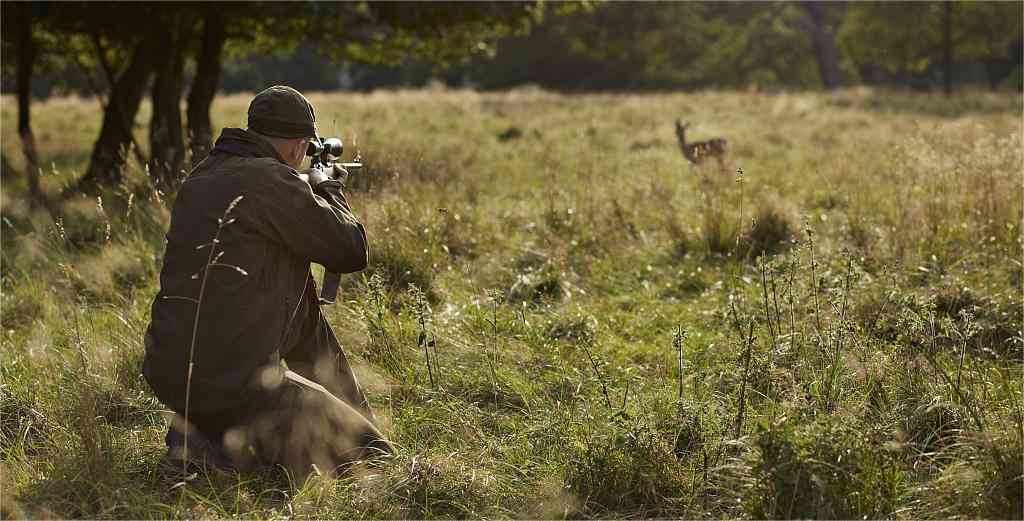
What Is Hunter Education?
For the first time, New York implemented a mandatory hunter education program in 1949 in an attempt to reduce hunting-related incidents.
The International Hunter Education Association was formed as hunter education programs spread throughout the country, defining the core curriculum for hunting courses.
It is necessary to learn hunter education before you learn how to be a responsible and ethical hunter. Hunter education aims to produce responsible, knowledgeable, and actively involved hunters, as well as to educate them about hunting safety, and how to comply with hunting laws and act ethically when hunting.
In addition, hunters play a vital role in wildlife conservation and management through their education.
The Importance of Hunter Education
Whenever you hunt wild animals, including deer, turkeys, squirrels, and others, you’ll need a license because hunting is highly regulated. In this way, wild animals’ populations can be regulated and their habitats protected.
An initial step toward becoming a legal hunter in many states is to purchase a hunting license. Hunting licenses, however, can only be obtained after you’ve taken a hunter education course and passed it.
The importance of hunter education cannot be overstated, as it significantly reduces hunting-related shooting incidents and other hunting injuries, while also promoting responsible hunter behavior, including compliance with hunting laws.
Providing a solid foundation for novice hunters and a refresher for experienced hunters alike, hunter education has a variety of benefits.
What Can I Learn from Hunter Education?
The Hunter course is designed for novice and young hunters, covering the fundamentals of firearms and ammunition handling, safety tips, hunting methods, field dressing, and basic first aid. Aside from learning about hunting ethics and wildlife conservation, hunting laws and regulations are also included in this course.
By taking a hunter safety course, you will learn how to have fun, be successful, and behave ethically on the hunt.
Can I Buy A Hunting License Without Hunter Education?
Hunter education is required in some states only if you were born after a certain date. Others require hunters to complete hunter education before buying a hunting license.
Make sure you check your state’s law to see whether you must complete hunter education before you can purchase a hunting license.
Conclusion
To put it simply, hunting’s future rests in the hands of the hunters, and hunting ethics help hunters ensure that hunting is done responsibly and sustainably.
Every hunter should periodically examine his or her behavior to ensure it meets the hunter’s code of ethics, and good hunting ethics should be practiced and passed down to future generations.


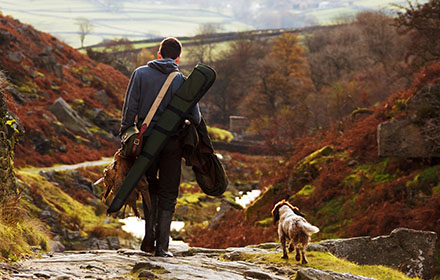
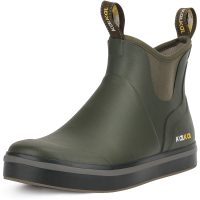

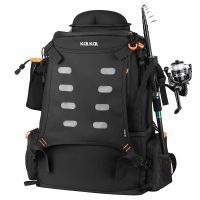
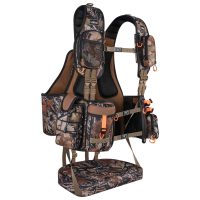






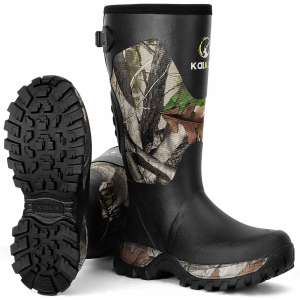
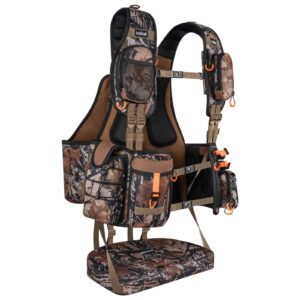
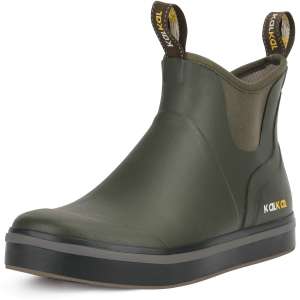
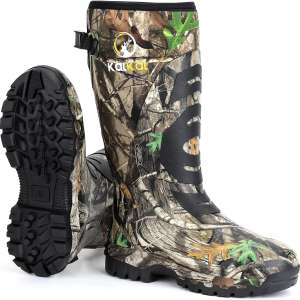



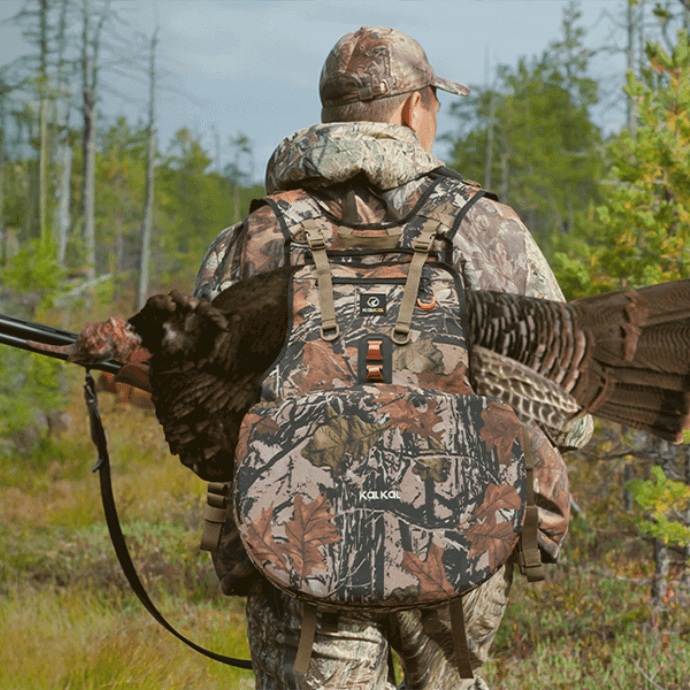
Leave a reply